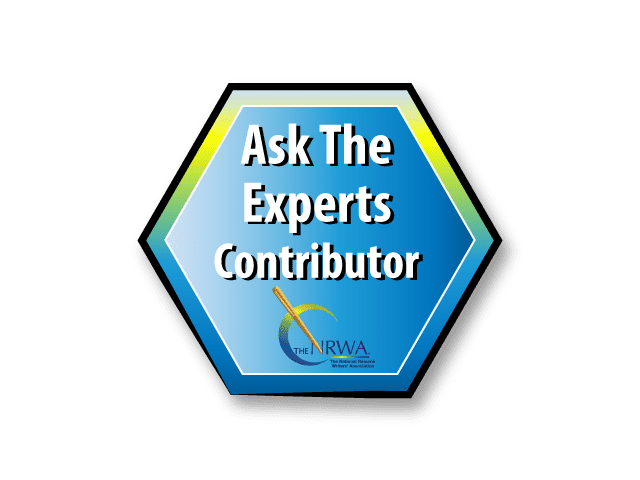Video Interviewing Tips
I was recently ask (along with several colleagues) to answer the following question for the National Resume Writers’ Association’s Expert’s Blog: I’m deathly afraid of video. How can I still do well in video interviews given my fear of the camera? Here is my response: Karen Silins, A+ Career & Resume, LLC Here are my […]
Video Interviewing Tips Read More »










